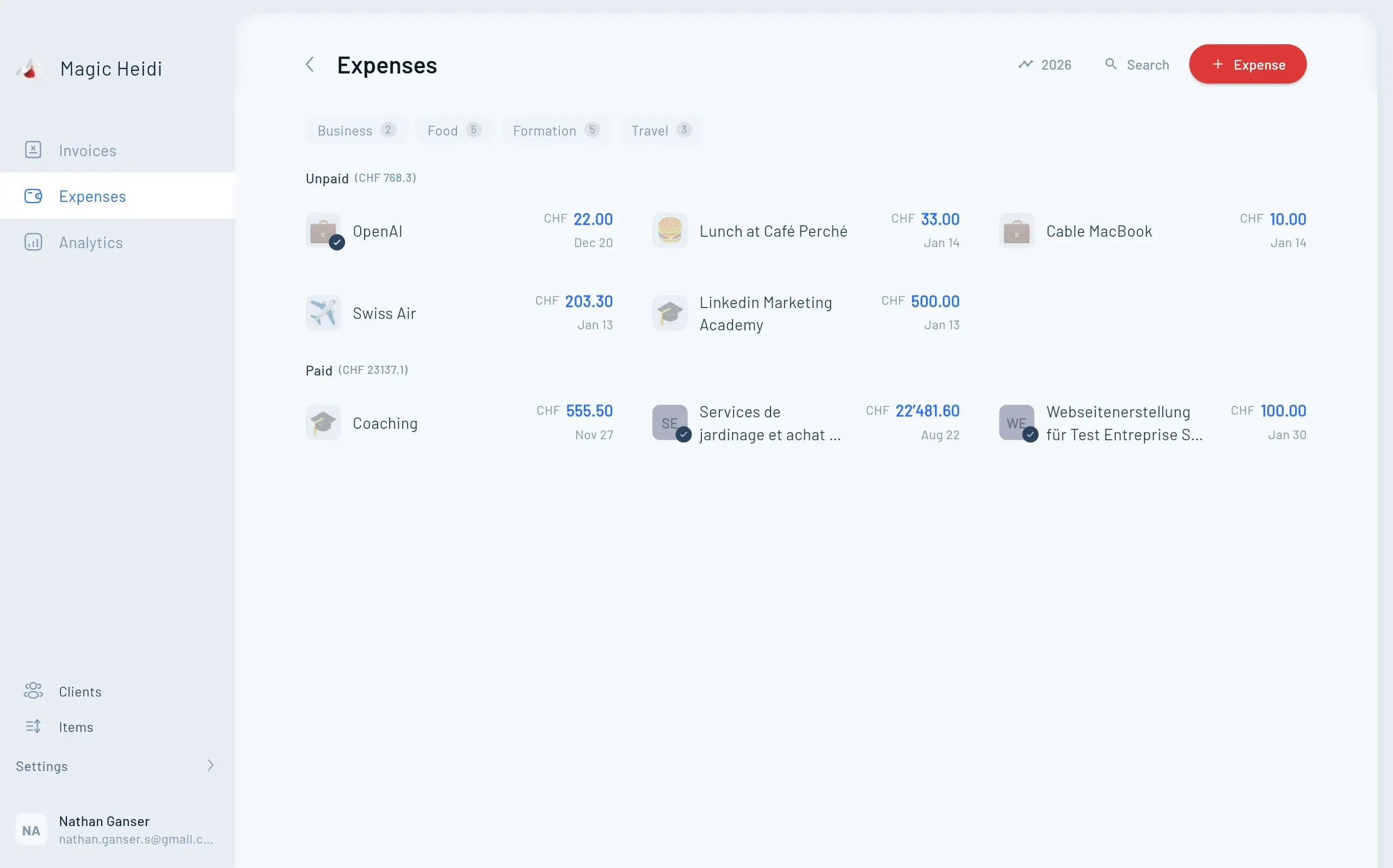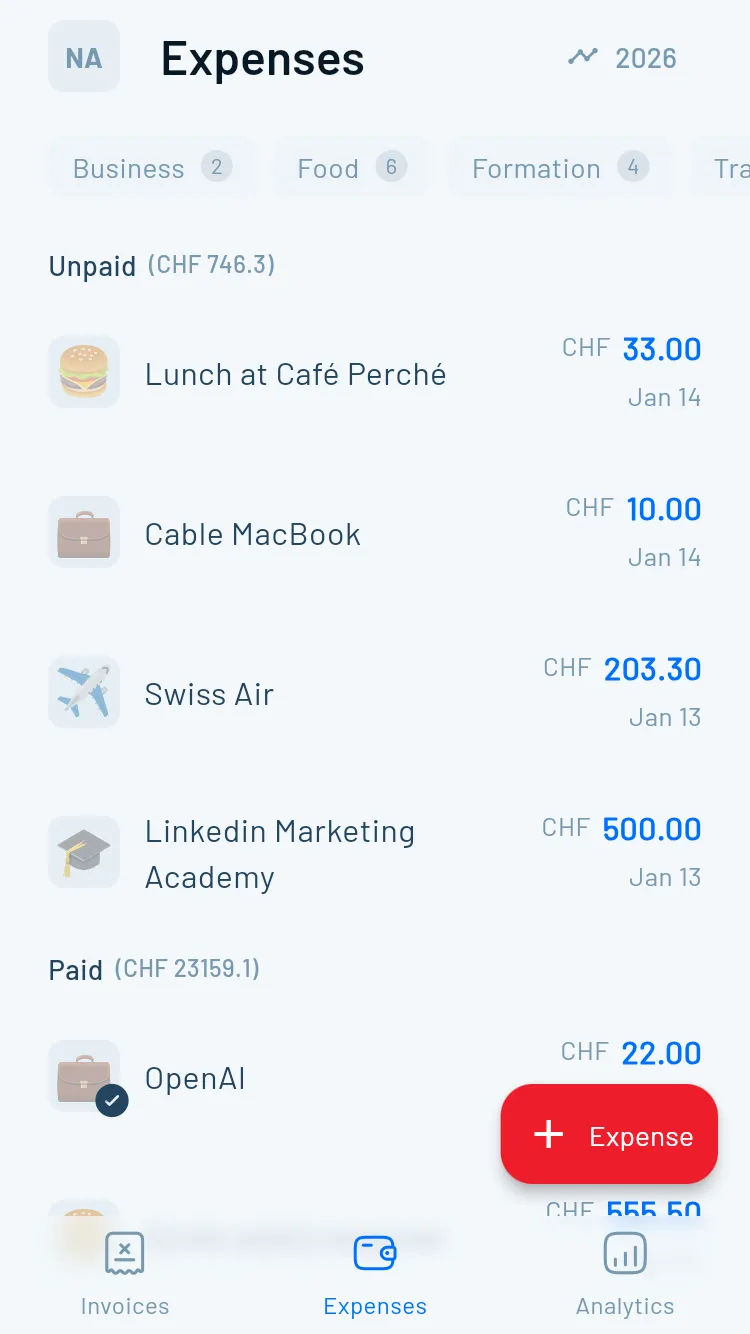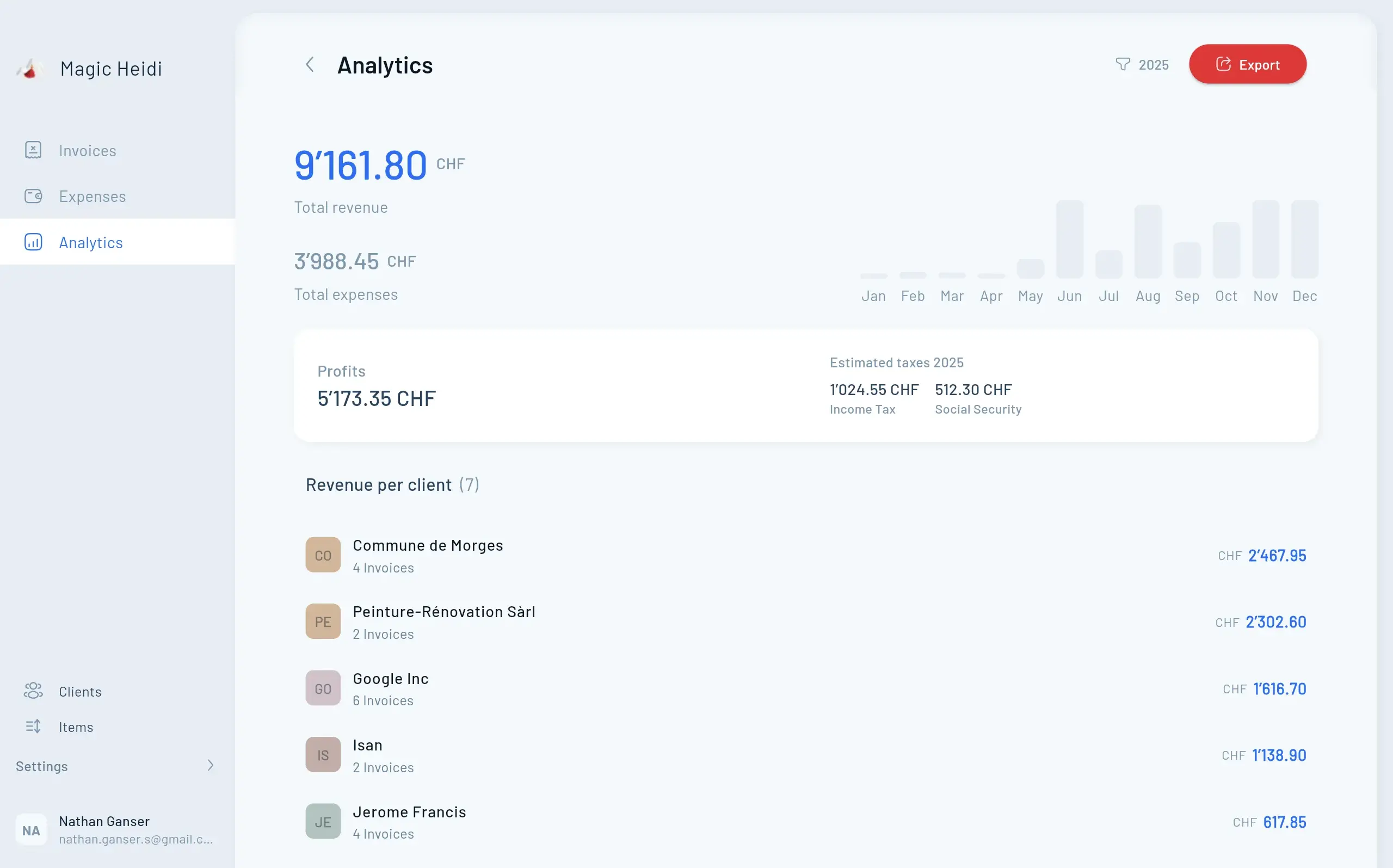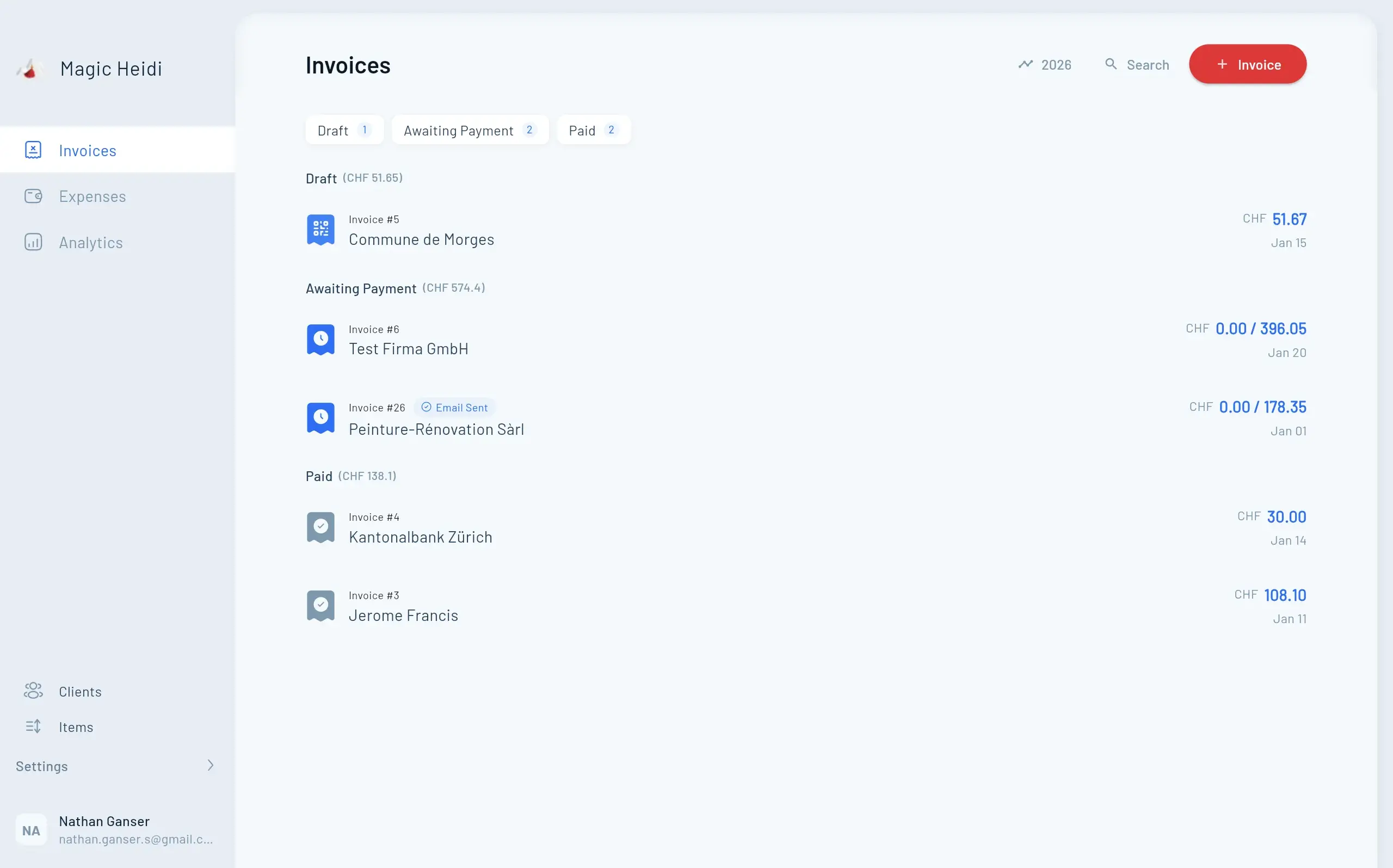Set up tracking systems now
Don't wait until tax time to organize your finances.
- Set up expense tracking system
- Photograph every business receipt immediately
- Note business purpose on client meal receipts
- Keep vehicle logbook if using actual cost method




